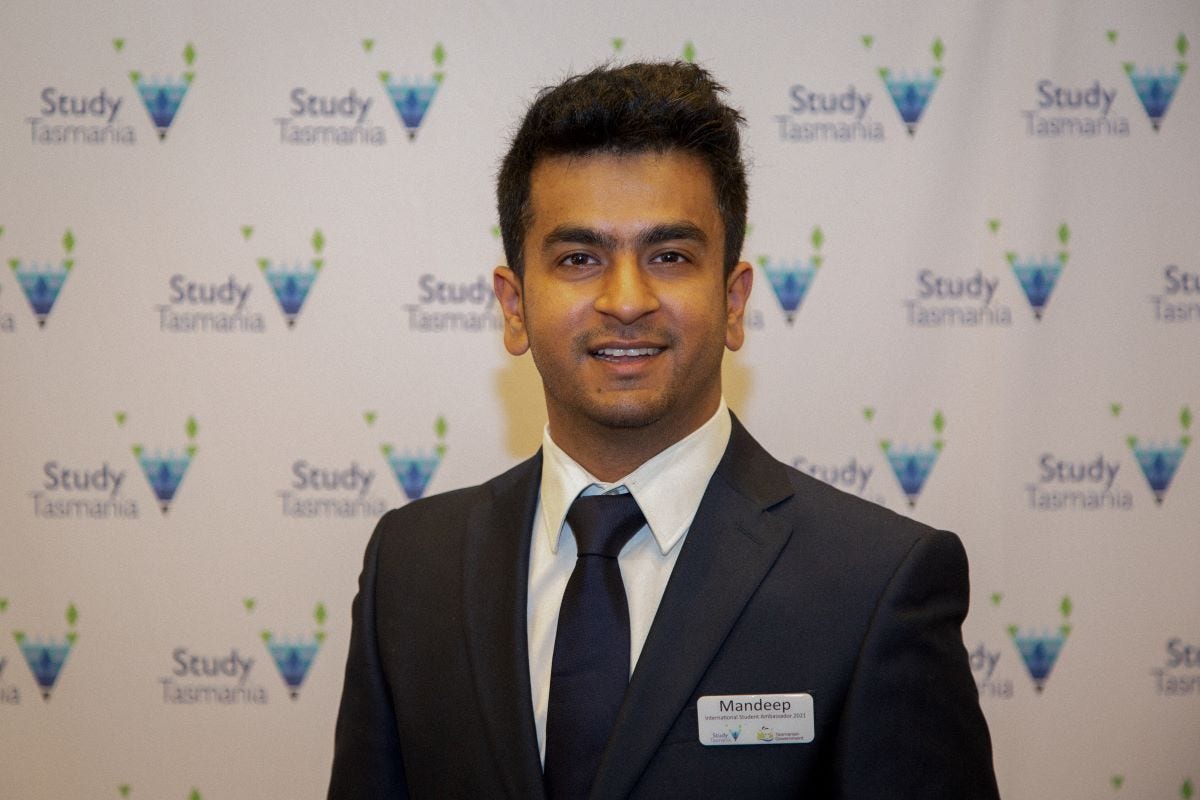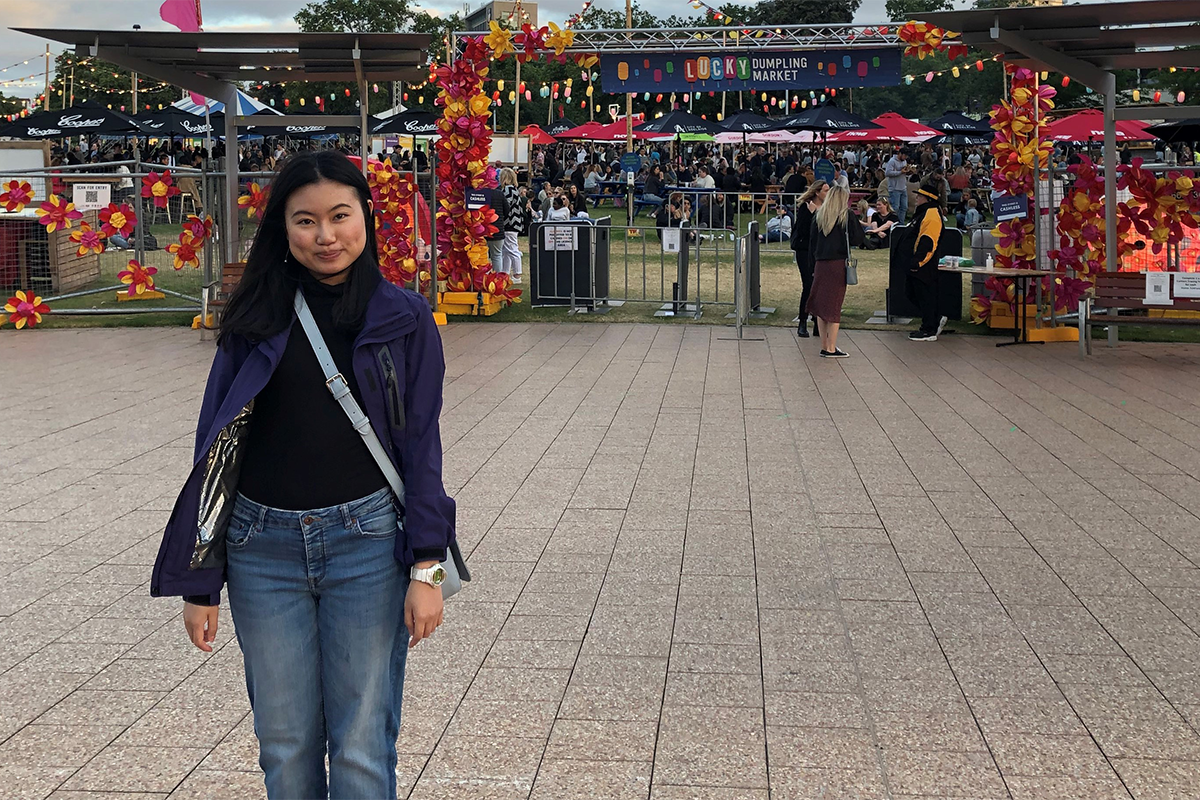We have a new and improved course search tool to help international students explore Australian study options. Find more information here

Where it began
It all began when I stood across from a Kenyan tribunal panel and heard a ruling that would change the direction of my life. The panel of commissioners declared they could not prosecute my sexual assault offender.
It was then that I vowed to become a policy expert in order to strengthen the laws in my home country that protect women and young girls.
I had spent my life looking up to Kenyan heroines, including environmental activist (the late) Wangari Maathai, lawyer and politician Martha Karua and Lady Justice Njoki Ndung’u, who had backed Kenya’s historic Sexual Offence Bill.
Using them as inspiration, I vowed not to let the tribunal ruling ruin my dreams. Instead, this moment fuelled a determination to follow in their footsteps.
The scholarship that changed my life
Sometime after the ruling, I was working as a graduate teacher in schools with students from low-income areas. I happened to see an advertisement for the Australia Awards Scholarships and decided to apply.
When I applied, I had this great faith that I was going to be an expert to inform gender equality and social inclusion policies in Kenya.
I believe it was this faith that lead to my acceptance in the program.
I promised myself to enrol at one of the best universities in Australia, which is why I chose to study Public Policy at the Australian National University (ANU).
In 2015, I graduated from ANU with a distinction. I returned to Kenya and began to work on small steps to break down the barriers that were preventing girls from pursuing their education.
I returned with a renewed hope of a better future for women and girls.
The Pan-Pads project
One major barrier to attending and completing school for these girls is poverty. Many parents can’t afford to buy their daughters sanitary pads which means they can’t attend school during their menstrual periods.
This a a huge disadvantage for them. They become robbed of their right to learn and be empowered. And so, I formed a team that set up the Women in Leadership Network (WILN). Together we created the Pan-Pads project.
With the support of the Australian High Commission and Australia Awards small grants, we have been able to reach more than 2,000 girls since 2017.
Disadvantaged girls are supplied with four sets of underwear, and a year’s supply of reusable sanitary pads.
Working in policy
Around the same time, I took a role as a research tutorial fellow in the Department of Public Policy at Kenyatta University. I also supported two civil societies with their policy dialogues on inclusive County planning, public finance and budgeting processes.
In 2020, I was appointed as a senior policy expert by Kenya’s Technical and Vocational Education and Training system, and their Education Access, Participation and Equity specialist.
I helped construct Kenya’s Technical and Vocational Education Training (TVET) and National TVET Workforce Blueprints. I was able to use my policy expertise to remove the barriers of TVET participation for females, people with disabilities and disadvantaged youth.
My current role involves analysing literacy and numeracy policies for 30 African nations in Sub-Saharan Africa.
Every challenge can be an opportunity
My successes can all be tracked back to that one moment when I discovered the Australia Awards program, a moment that I am extremely grateful for.
In 2020, I was awarded Alumna of the Year by the Australian National University for my work empowering young women and girls.
Every person I meet who has studied in Australia just stands out, they make an impact everywhere they go. My Australian education taught me how to touch communities and offer solutions to complex problems.
Despite the hardships, every challenge was an opportunity to make a difference. I prefer not to give up, I prefer living a day at a time, and using my networks to find solutions.


